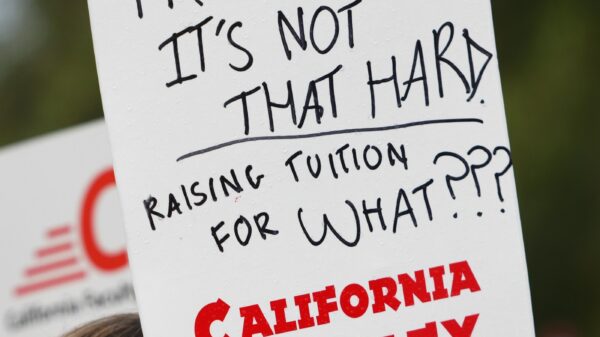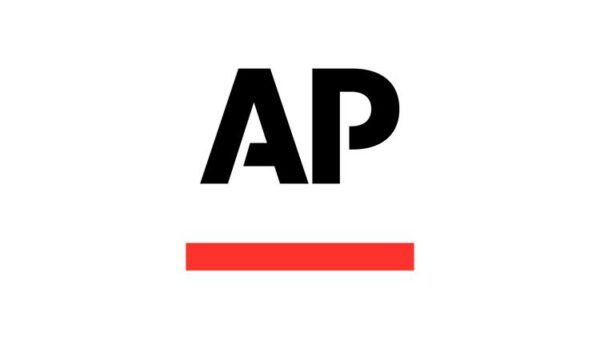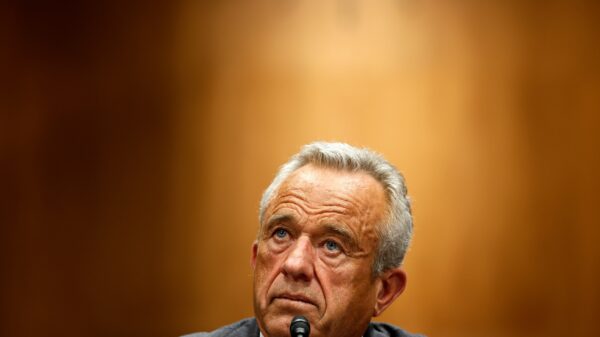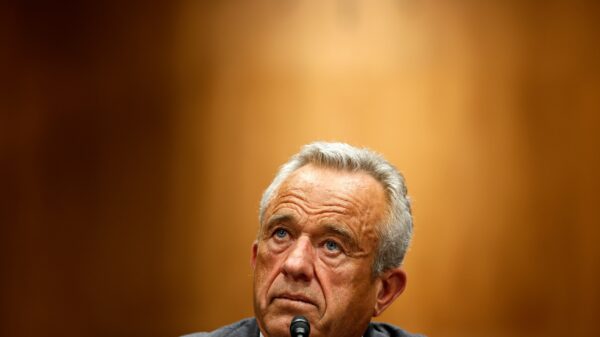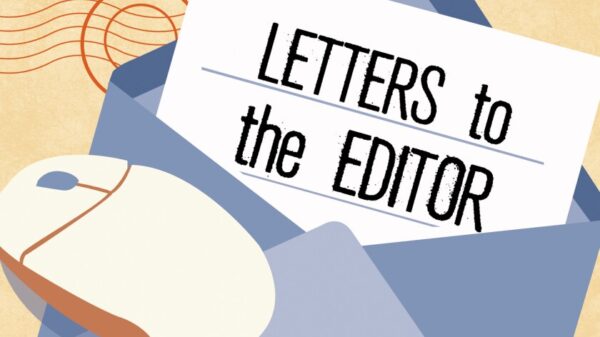URGENT UPDATE: The Trump administration has issued a stark ultimatum to American universities, demanding they implement significant reforms or face serious consequences. This unprecedented move comes as institutions grapple with a crisis of public trust and financial instability, prompting a potential overhaul of the higher education landscape.
Institutions are now faced with a critical decision: accept the administration’s proposed reforms or prepare for lawsuits and budget cuts. The administration’s contract outlines strict measures aimed at curbing soaring tuition costs, limiting foreign student enrollment to 15 percent, and ensuring compliance with existing civil rights laws including Title IX and Title VI. These changes are designed to promote American students and uphold the rights of marginalized groups on campuses.
Experts agree that universities may soon find themselves in legal battles if they continue to ignore these demands. Inez Stepman, a senior policy analyst at the Independent Women’s Forum, argues that many universities are guilty of the very issues highlighted by the administration, including illegal racial preferences in admissions. “The outcomes are ultimately not going to favor institutions that bragged about racial quotas, which have been illegal since 1964,” Stepman warns.
The administration’s proposal also includes provisions to enhance campus safety, particularly in light of recent tragedies such as the murder of conservative activist Charlie Kirk at a university in Utah. A key reform demands that universities provide adequate security for all invited speakers, addressing concerns over censorship and safety on campus.
In a climate of declining enrollments and heightened scrutiny, the stakes have never been higher for universities. The administration’s offer is seen as a lifeline, yet many institutions appear poised to reject it. This could trigger a cascade of lawsuits and further financial strain, as seen with elite schools like Harvard and Columbia, which have already settled lawsuits related to admissions practices.
The current model of relying heavily on federal funding and taxpayer support is increasingly being questioned by voters. With public sentiment shifting, universities must act decisively or risk losing their privileged status. The administration’s reforms represent a critical opportunity for institutions to regain trust and redefine their missions.
As discussions unfold, all eyes are on the response from major universities across the nation. Will they seize this chance to reform, or will they continue down a path of contention and legal challenges? The clock is ticking, and the implications for American higher education are profound.
Stay informed as we continue to track these developments.




